Boeing to build military drones in Australia amid submarine row
American planemaker Boeing says it plans to build unmanned military aircraft in Australia, which recently blindsided France by a submarine deal with the United States.
The Chicago-based aerospace company announced that it had selected Toowoomba city in Australia’s Queensland state, for manufacturing its unmanned Loyal Wingman planes.
It said the site at the Wellcamp Aerospace and Defense Precinct near the Australian city would serve as the final assembly point for its new military drone, whose test flights were completed earlier this year.
The development came after Boing Australia, Boeing's largest subdivision outside the US, and Australia’s Wagner Corporation reached a deal.
According to Scott Carpendale, the managing director of Boeing Defense Australia, the new military drone was conceived, designed, and developed in Australia.
He said they were still in talks with the Queensland government and the Wagner Corporation, the owner of the Wellcamp site, about how much the project would cost.
The combat drone, which is equipped with artificial intelligence, is designed to operate as a team to extend the capabilities of other manned and unmanned planes.
“Ultimately, it’s a work in progress for the next 40 years,” Wagner Corporation chairman, John Wagner, said.
“We are already in discussions with a number of aerospace companies, who want to be with like-minded people, about potentially relocating ... everyone from rocket and other manufacturers to research and development and prototype labs,” he added.
The development came several days after the US, Britain, and Australia established a security partnership for the Indo-Pacific to protect what they called their shared interests and help Australia acquire nuclear-powered American submarines and scrap the $40 billion French-designed submarine deal.
Under the new partnership, known as AUKUS, the three countries have agreed to enhance the development of joint capabilities and technology sharing and foster deeper integration of security and defense-related science, technology, industrial bases, and supply chains.
AUKUS infuriated France and prompted Paris to recall its ambassadors to Washington and Canberra.
France said Thursday Australian military officials had sent a letter confirming they were “extremely satisfied” with French submarines just hours before they announced the inking of AUKUS.
“On the same day that President Biden and [Australian] Prime Minister Morrison made the announcement, the [French] defense ministry and Naval Group received an official letter, a letter with an official stamp on it, from the Australian navy,” said Hervé Grandjean, the French ministry of defense spokesperson.
He said the letter was from the Australian defense ministry and a senior official, “the admiral who is overseeing the project”, telling the French side that he had “taken a close look at the state of progress in the contract, in line with the contract, and was extremely satisfied that performance of the French submarine was excellent, which clearly means that we were to move to the next phase of the contract.”
Canberra confirmed that it had sent the letter to Naval Group last week, but played down its significance.
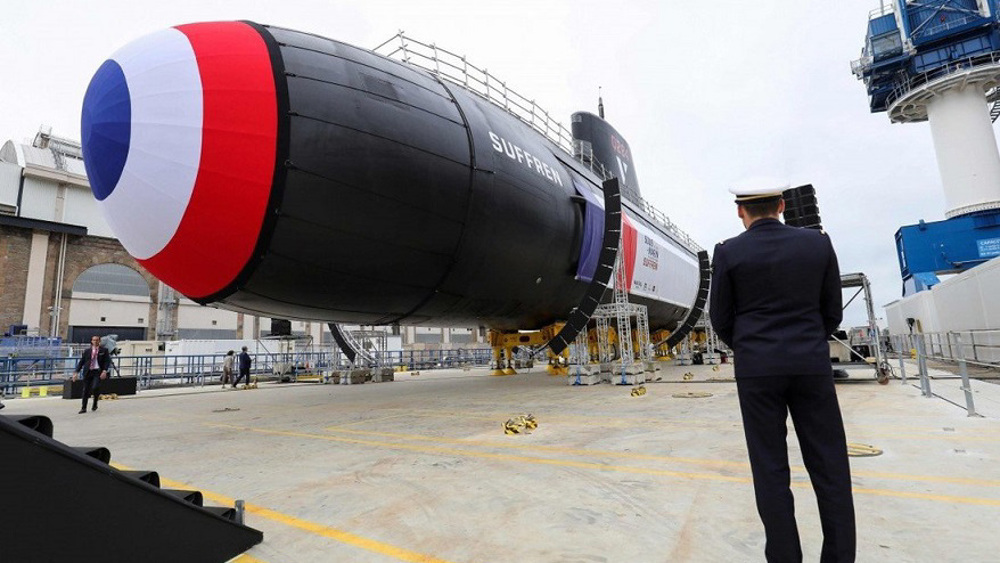
Separately, France’s Naval Group announced that it would send a “detailed and calculated proposal” to Australia in the coming weeks of the costs it expects the Australian government to pay for ditching the $40 billion deal, according which France was to supply Australia with 12 French-designed conventional diesel-electric submarines. The deal was later revalued at US$60 billion.
Naval Group CEO Pierre Eric Pommellet said in an interview with France’s Le Figaro newspaper that a bill would be sent to Australia “in a few weeks.”
“Australia terminated the contract for convenience, which means that we are not at fault. It is a case that is planned for in the contract and will require payment of our costs that were incurred and those to come, linked to the demobilization of infrastructure and IT as well as the redeployment of employees,” he added., stressing, “We will assert our rights.”
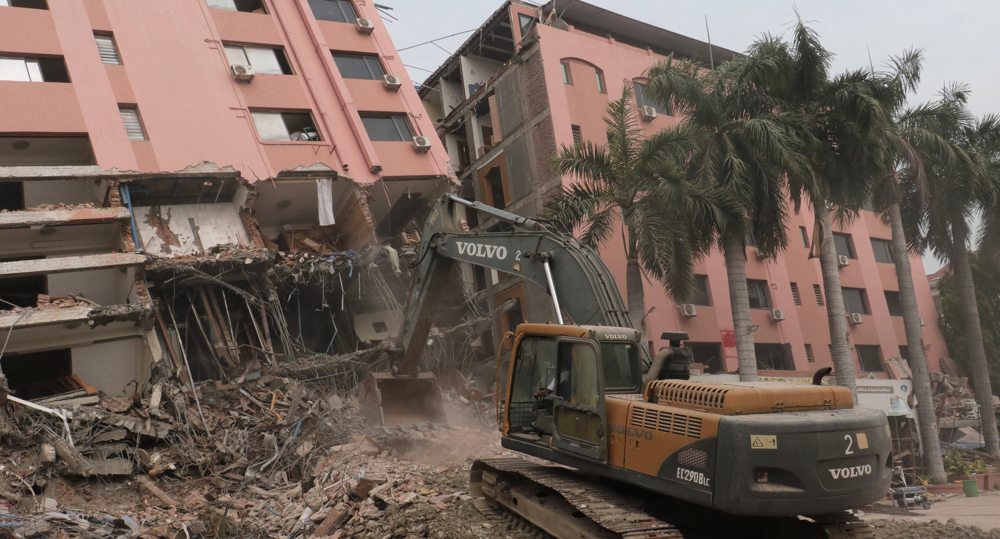
Myanmar quake death toll passes 3,300: State media

Death toll from Myanmar quake rises to over 3,085
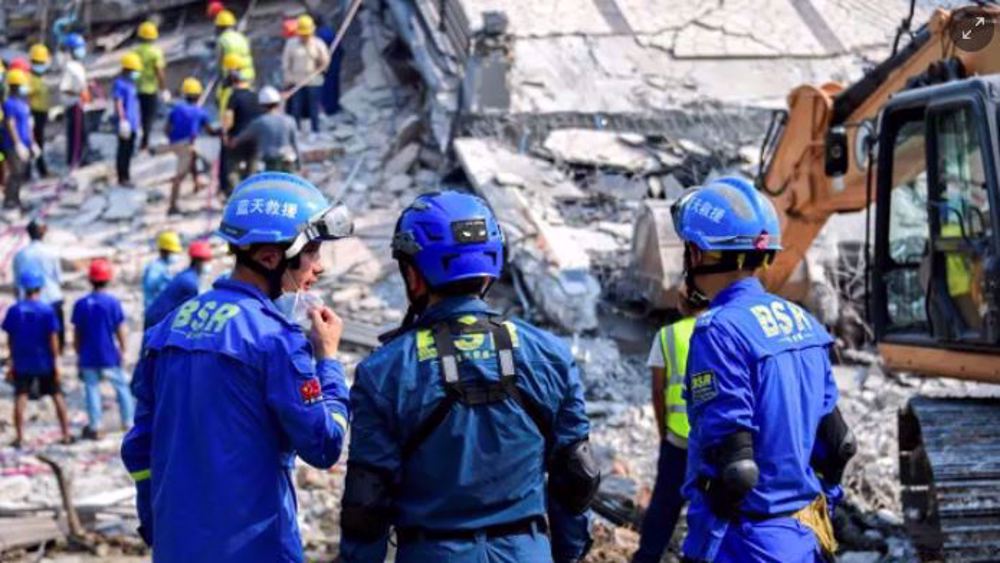
WHO warns Myanmar quake ‘top-level emergency’, seeks urgent funding
‘Cutting-edge’: Iran says Arash-2 suicide drone will wipe out all threats within 2,000km range
Top Israeli diplomat expelled from African Union summit
Iran says not received US response yet to ‘generous offer’
VIDEO | Lebanese civilian killed as Israel strikes south in violation of ceasefire
VIDEO | Moroccans protest against Israel’s genocidal war in Gaza, US support
VIDEO | Less people visiting US due to restrictions
VIDEO | Press TV's news headlines
Netanyahu’s flight takes detour to US to avoid ICC arrest warrant: Reports


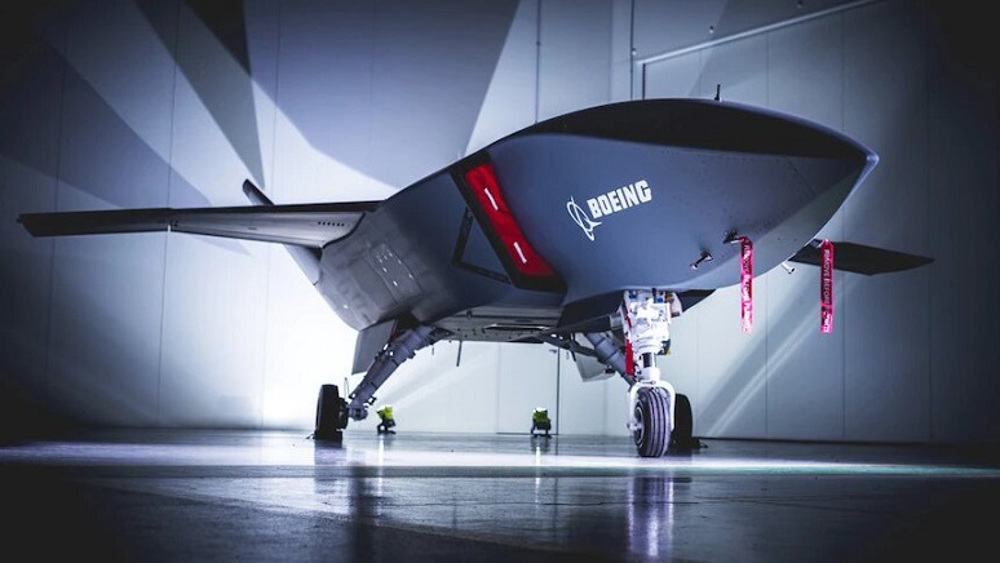
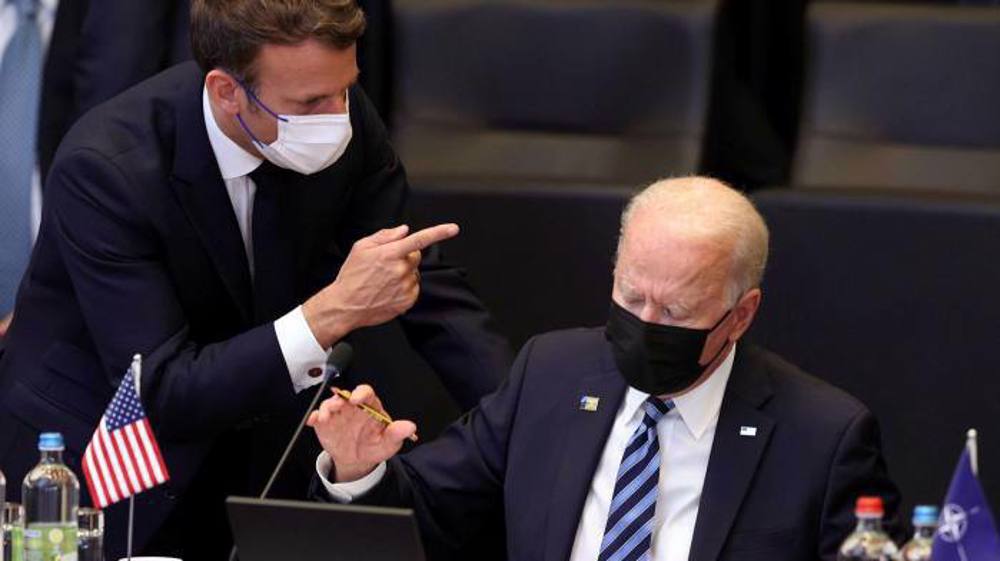



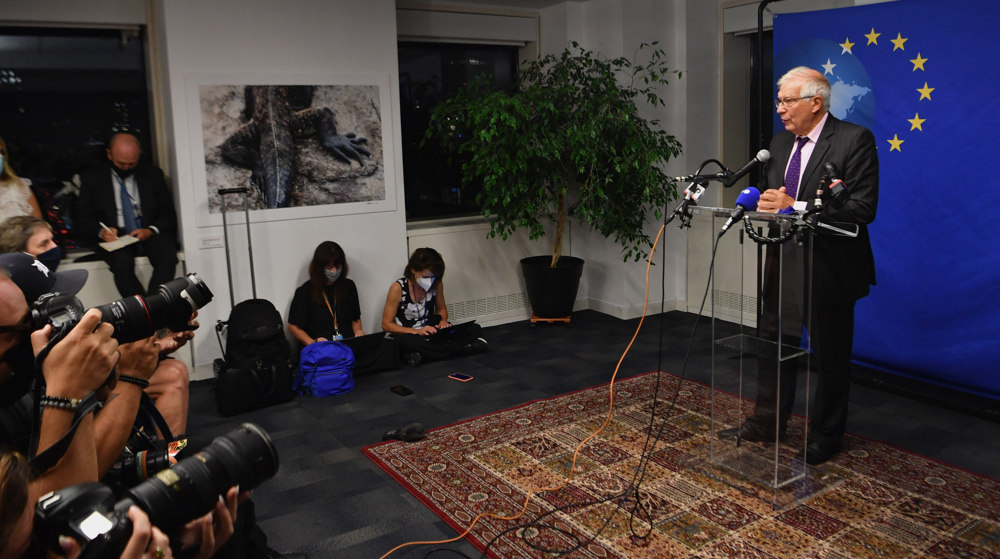
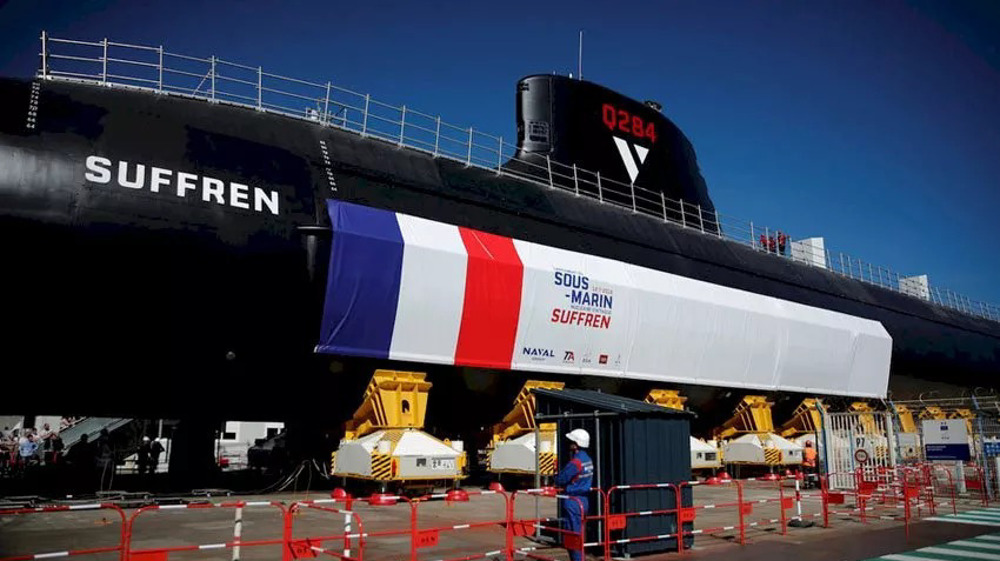


 This makes it easy to access the Press TV website
This makes it easy to access the Press TV website